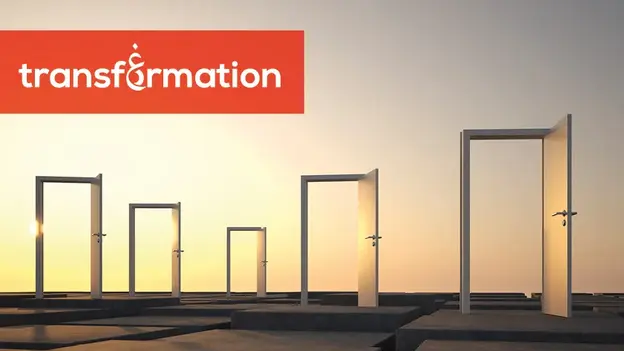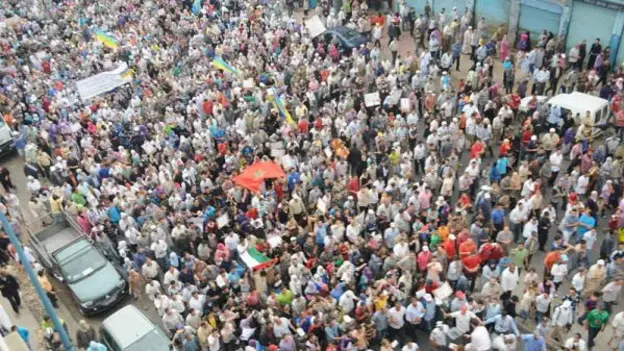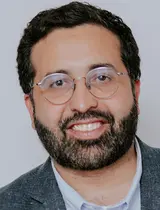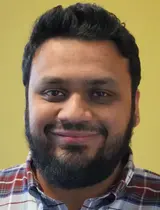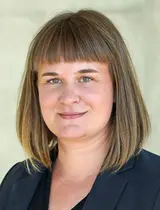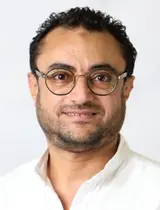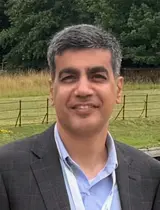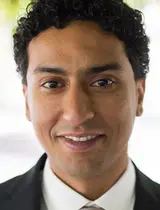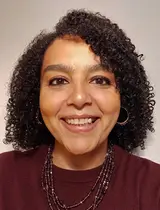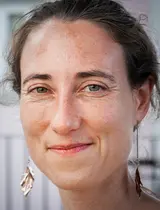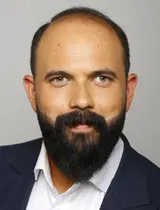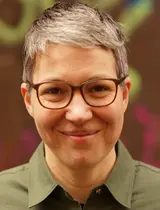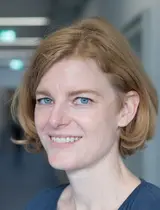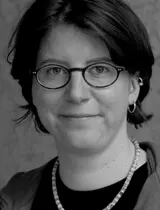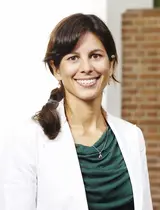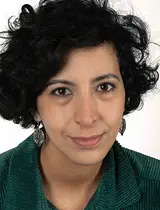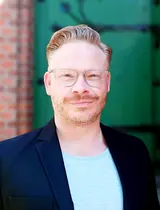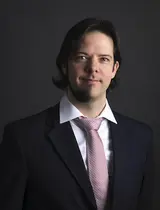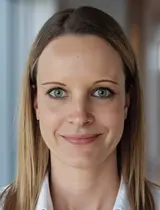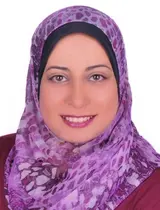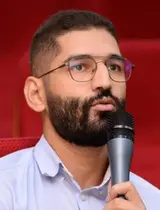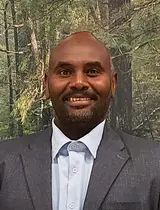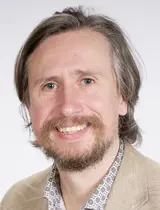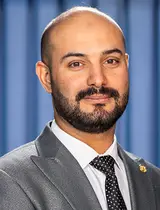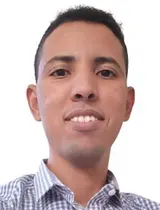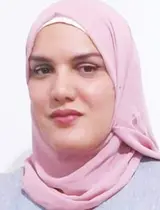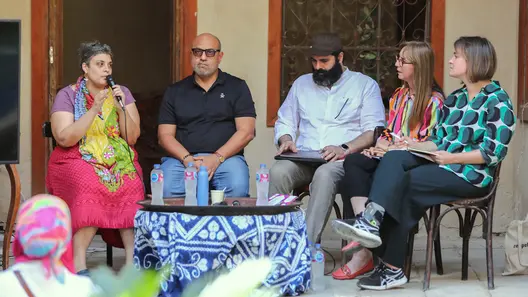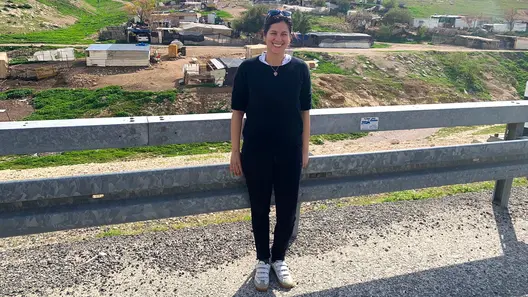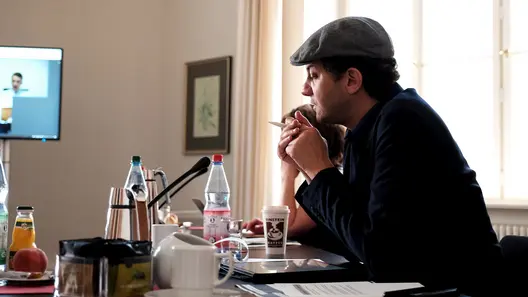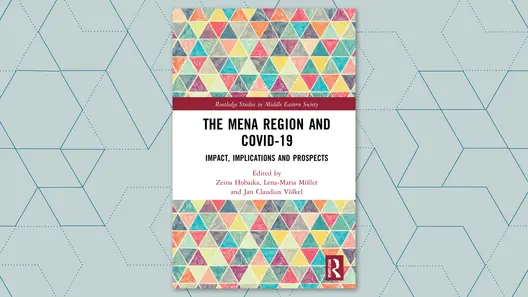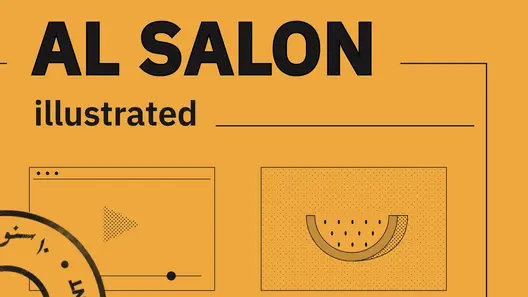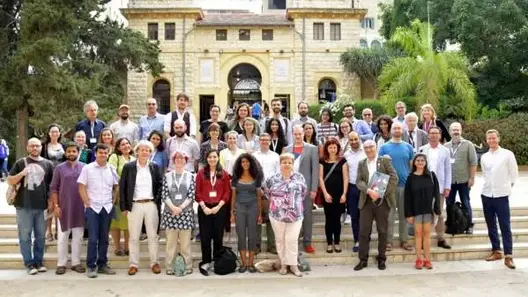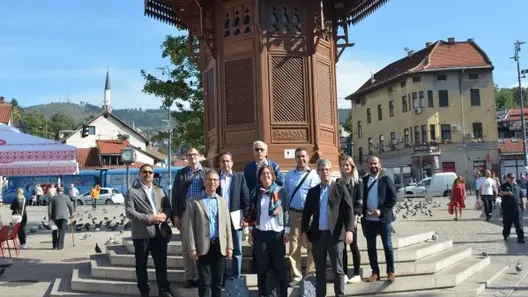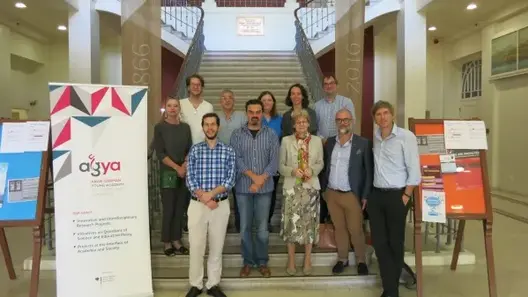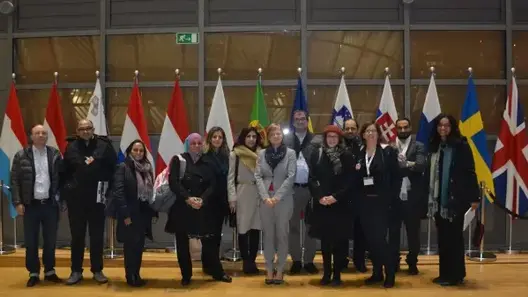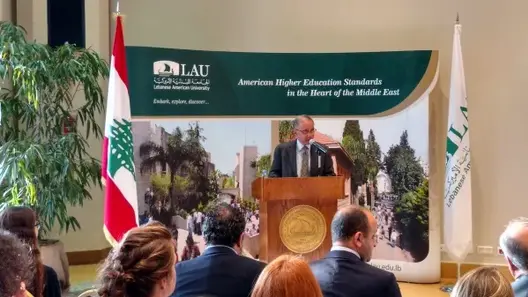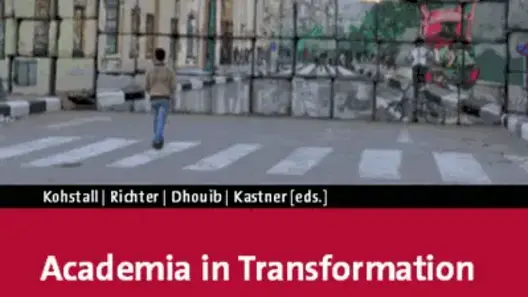Dynamics of Transformation
Youth taking to the streets to challenge existing power relations. A global movement fighting for sustainable climate policies. New media shaking up the means of societal connection and communication. These various manifestations of the dynamics of transformation are highly diverse.
Some transformations pose evident challenges to all societies around the globe. The COVID-19 pandemic is only the most recent and urgent example, while climate change is the most fundamental and lasting challenge to be faced. However, different societies hold different abilities and potentials to react and cope.
Transformation creates new spaces of opportunity and expression, opening up further possibilities for development and change. While we aim to highlight the common grounds of transformation processes in Arab and German societies, we wish to expose and question practices of othering in order to overcome long-established disciplinary barriers and entrenched cultural misperceptions.
What lessons can be learned from other regions overcoming conflict and engaging in reconciliation? What is the standing and understanding of scholars in transforming societies with regard to how knowledge production is generated, defended, and transformed? And how does conflict impact the destruction and reconstruction of heritage? As the AGYA Working Group Dynamics of Transformation, we actively engage in exploring and addressing these topics in virtual workshops, transregional conferences and interdisciplinary book projects.
We study lines of inquiry, methodological tools and academic institutions in disciplines as diverse as linguistics, communication studies, political science, computer science, archaeology, philosophy, law, and Islamic studies. In this way, the working group is building bridges between academic disciplines, opening up paths for scientific discourse and rapprochement between European and Arab countries.
